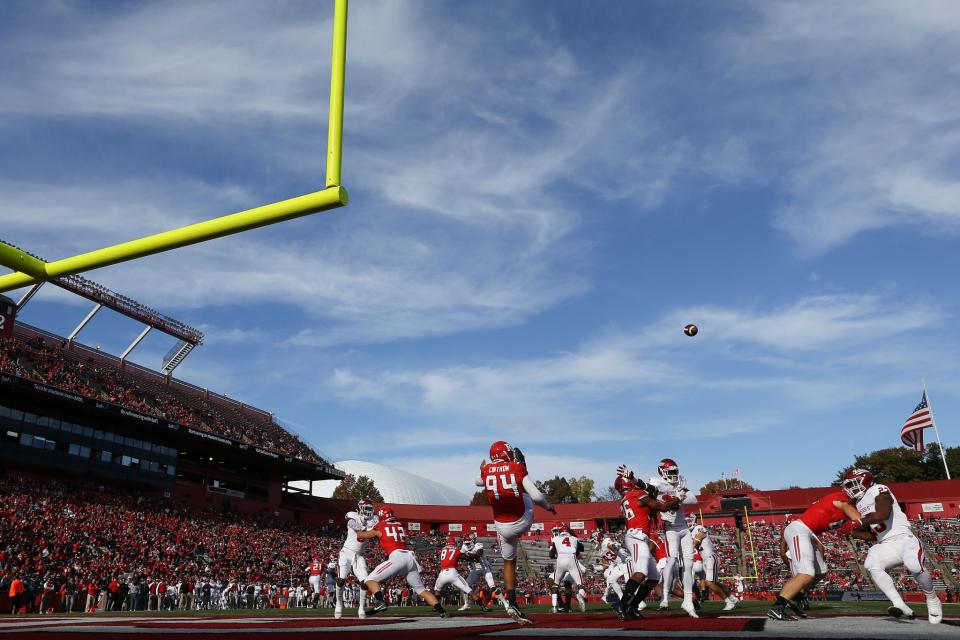Athletes with domestic or sexual violence convictions prevented from playing at Indiana

A new Indiana policy prevents athletes who have either pleaded guilty or no contest felony domestic or sexual violence charges from suiting up for the school.
According to the Indianapolis Star, the plan was approved April 12. It extends to incoming freshmen and all transfers to the school.
Any prospective student-athlete — whether a transfer student, incoming freshman, or other status — who has been convicted of or pled guilty or no contest to a felony involving sexual violence (as defined below), or has been found responsible for sexual violence by a formal institutional disciplinary action at any previous collegiate or secondary school (excluding limited discipline applied by a sports team or temporary disciplinary action during an investigation) shall not be eligible for athletically-related financial aid, practice or competition at Indiana University. Indiana University Athletics shall conduct an appropriate inquiry into every prospective student-athlete’s background consistent with the due diligence below prior to providing him/her athletically-related aid or allowing him/her to practice or compete.
Indiana athletic director Fred Glass told the Indianapolis Star that the policy was partially inspired by the SEC’s graduate transfer ban. In January of 2016, the SEC modified its “serious misconduct ban” to include players who had pled guilty or no contest to felony domestic, sexual or dating violence charges. But the SEC’s ban only applies to athletes transferring from other colleges and universities. The transfer-only part of the ban was noteworthy at the time because of Mississippi State’s recruitment of five-star defensive lineman Jeffery Simmons.
“It’s something the SEC, with their transfer ban, I think raised the issue generally,” Glass told the Star. “We’ve been working on that since that time, in trying to put something together that makes sense for Indiana University.”
Glass also said he’s been pushing the Big Ten to adopt a similar league-wide rule. Indiana was one of the first schools in the country to offer four-year guaranteed scholarships via a “student-athlete bill of rights” in 2014. A few months later, the big Ten announced that all schools in the conference would have four-year scholarships.
– – – – – – –
Nick Bromberg is the editor of Dr. Saturday and From the Marbles on Yahoo Sports. Have a tip? Email him at nickbromberg@yahoo.com or follow him on Twitter!



